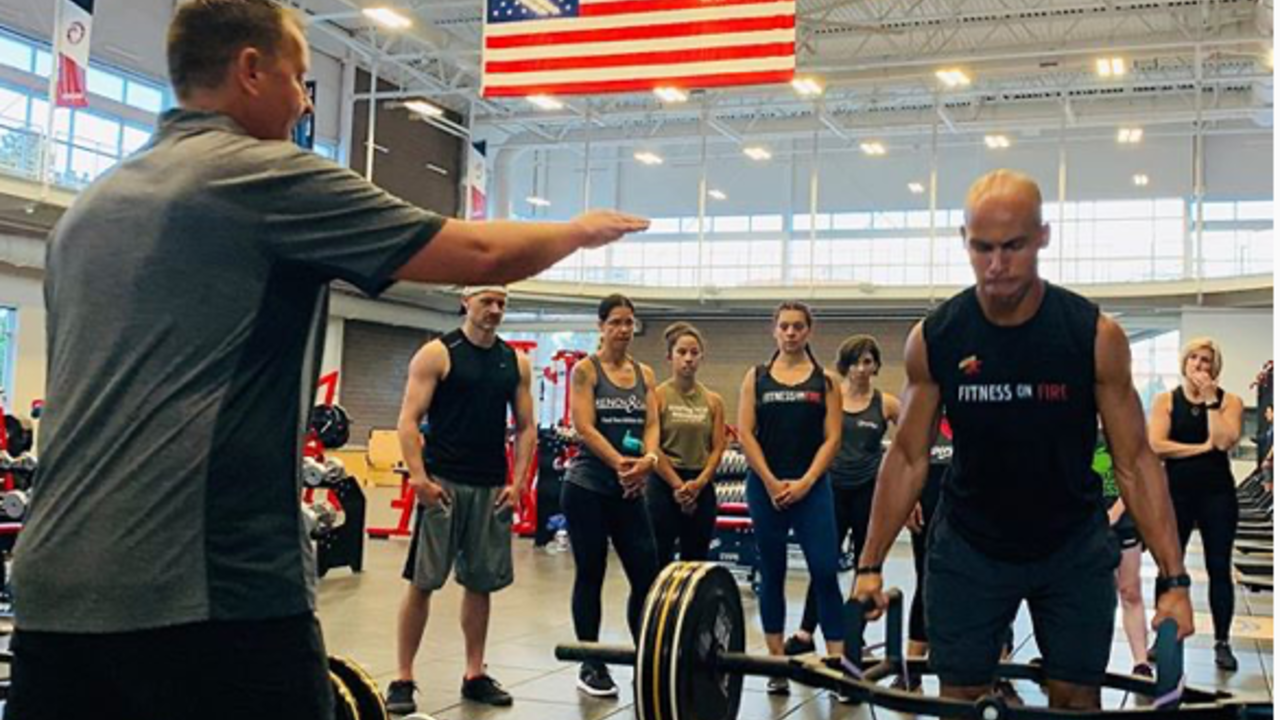BECOMING a coach

I've been reading a lot of stuff on identity and identity formation. And by reading, I mean obsessed :)
Specifically Erikson's work on psychosocial development.
Erikson's belief is that throughout each person's lifetime, they experience different identity crises. Each of the conflicts arises at a certain point in life and must be successfully resolved for progression to the next stage.
A person's identity has to include a sense of continuity or progression, a sense of uniqueness, and a sense of affiliation or belonging.
Without getting too deep, I think there's a transition that takes place where you start to identify yourself professionally at least AS who you ARE and who you have become as opposed to what you do.
It's an important part of social development but it can be challenging.
From wiki:
===
"Sometimes individuals face obstacles that may prevent the development of a strong identity. This sort of unresolved crisis leaves individuals struggling to "find themselves".
They often seem to have no idea who or what they are, where they belong or where they want to go. They may withdraw from normal life, not taking action or acting as they usually would at work, in their marriage or at school, or be unable to make defining choices about the future. They may even turn to negative activities, such as crime or drugs since from their point of view having a negative identity could be more acceptable than none at all."
===
I see it a lot with young coaches. And it might explain why there is such a high drop out rate in the profession. They never make the transition internally to BECOMING a coach.
For example - a common question at a party or social event is "so what do you do?"
A young trainer will most likely answer something like "I work at a gym" or "I work as a trainer".
Because they see themselves as a person who "does" the "thing" (the job). They see themselves as e.g. a twentysomething who likes music, NFL, movies. That better defines them as a person. They just happen to currently make money from (insert specific job).
They are someone with an identity that isn't closely tied to their vocation, if at all.
At some point, as that young trainer develops - their identity shifts. They start to think of themselves as a coach. They have BECOME a coach. In response to the "What do you do?" question, they'll respond "I'm a coach" or "I'm a fitness professional"
It's an identity shift. They see themselves differently. They carry themselves differently. And they act differently. That identity achievement is transformative.
It's also not just coaches. It happens with trainees/clients also. When they shift from thinking of themselves as "I go to the gym" to "I'm a MEMBER" of Results Fitness". That identity shift is a huge step as they have transitioned from "doing" something to BELONGING to something. The next identity growth is when they say “I’m a Powerlifter”, or “I’m an OCR competitor”... another evolution.
When coaching other business owners, part of my job is to get the owner to shift their identity.
Do you work at a gym? Are you a gym owner? Are you a small business owner? Or are you an entrepreneur?
Similar answers for sure, but different thought processes behind each one. Different identities.
Same with clients. Our job as coaches goes beyond sets and reps and exercise cues. Maybe we, as one of my Results Fitness University coaches Kari Negraiff put it " We are in the identity engineering business"
My name is Alwyn Cosgrove. I am a coach.
